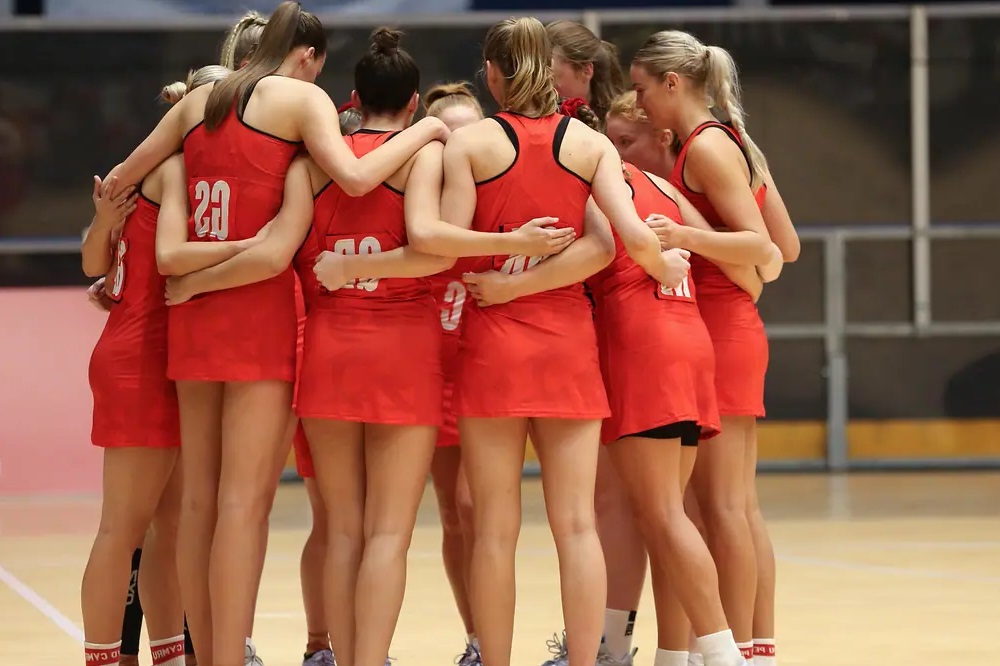MSs warned of ‘real concern’ about the future viability of some sports in Wales

Chris Haines, ICNN Senedd reporter
Grassroots sport and national teams could be cut back due to “shoestring” budgets over the past decade, a Senedd committee has been told.
Andrew Howard, chief executive of the Welsh Sports Association, which represents 140 organisations, said the sector has faced real-terms cuts nearly every year since 2012.
Appearing before the Senedd’s culture committee on October 24, he said: “We’ve seen redundancies and recruitment freezes across the sector.
“We’ve lost some really good people who have either gone across to England to work in sport or left the sport sector altogether.
“There’s a real concern about the future viability of some of our sports and that has led to a bit of an exodus in terms of staff as well.”
‘Standstill’
Mr Howard commended Sport Wales for absorbing 7% of the 10.5% cut in this year’s Welsh Government budget round.
But he warned: “If that happens again, or if it’s a standstill budget, there’s going to be serious issues for a lot of our members in terms of what they can deliver.”
He said members tell him national teams or grassroots sport would have to be cut back.
Mr Howard raised the example of an award-winning Weightlifting Wales campaign that aims to tackle loneliness and social isolation among children and young people.
He said: “It’s been exceptionally popular, with a waiting list throughout Wales … that initiative has been cut by 50% … that’s the kind of impact we’re experiencing.”
Fergus Feeney, Swim Wales’ chief executive, warned it is predominantly white, middle-class children learning to swim – with the average cost for a 30-minute session at nearly £8.
‘Embarrassing’
“Most families can’t afford even a half-an-hour swimming lesson,” he said, raising concerns about only 35% of children leaving year six able to swim.
Mr Feeney told the committee about 80% of around 260 council-owned swimming pools being more than 20-years-old, with half built before the 1980s.
Asked about the lack of an Olympic pool in north Wales, he said Swim Wales has to hold some competitions in Liverpool, with thousands of children and young people attending.
He described the lack of facilities in north Wales as “quite frankly embarrassing”.
Mr Feeney said it would cost about £55m to build an equivalent of Cardiff International Pool, contrasting this with the £8m capital budget allocated to Sport Wales over two years.
“We’re just about hanging in there and I think it’s unfair,” he said.
‘Shortchanged’
Vicki Sutton, chief executive of Netball Wales, said Wales’ netball team, which is ninth in the world, the highest ranked Welsh sports team, was targeting the top six.
“Up until 18 months ago, that was a reality,” she said. “Sadly, in the last few weeks, we’ve had to revise that strategy and look at maintaining ninth … and it is because of money.”
Asked about the picture across the UK, Mr Howard said he meets counterpart sports associations regularly and others are not experiencing the same level of cuts.
He contrasted spending on sport across the world, warning: “We’re very much shortchanged here in Wales per head – and that needs to change.”
Mr Feeney told the committee: “Everyone around us is getting the opposite … I’m also a board member with Aquatics GB, we’re looking at an increase from UK Sport … we’re being rewarded for what we’ve done on the international stage, not punished.”
Support our Nation today
For the price of a cup of coffee a month you can help us create an independent, not-for-profit, national news service for the people of Wales, by the people of Wales.





We are a small country, not all teams can be fully supported. We need to make a list of sports which have mass support and mass participation (or protential mass participation) and focus on them. Mass particpation is the key – that will also help the health of Wales.
Public money should be spent on public health and encouraging team sports that provide huge educational and holistic advantages. This should be on thousands of sports fields within easy reach of everyone, so forget about spending tens of millions on velodromes where only one or two can train at a time.
Professional sport should be self sustaining and dependant on the attendances and demand for TV coverage, but the wannabee generation want to be professionals in low level sport or minority sports, despite only being watched by friends and family.
I am old enough to remember when kids played games outdoors without supervision and training – when consenting adults played sports on a Saturday after a week of work.
The idea that everything has to be organised by professionals is alien to the world I grew up in.